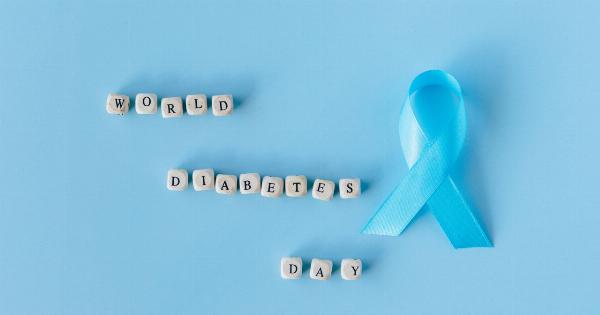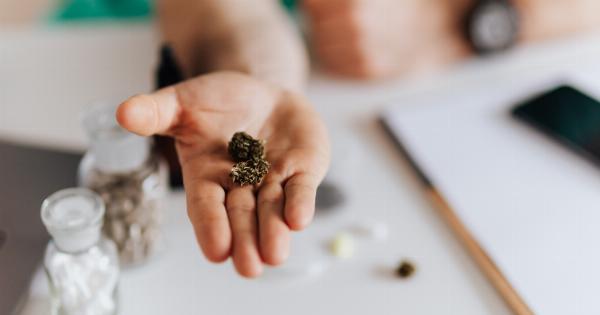Urinary tract infections (UTIs) are common among people of all ages. They occur when bacteria enter the urinary tract, which includes the bladder, urethra, and kidneys.
UTIs can cause pain and discomfort, and can lead to more serious health problems if left untreated. This article will discuss the causes, symptoms, and treatment options for UTIs.
Causes of UTIs
UTIs can be caused by a variety of factors, including:.
- Bacteria: The most common cause of UTIs is bacteria that enter the body via the urethra and travel up to the bladder and kidneys.
- Sexual activity: Sexual activity can introduce bacteria into the urinary tract.
- Medical conditions: Certain medical conditions, such as an enlarged prostate or kidney stones, can increase the risk of developing a UTI.
- Menopause: Changes in hormone levels during menopause can make women more susceptible to UTIs.
Symptoms of UTIs
The symptoms of a UTI can vary depending on where the infection is located. Common symptoms include:.
- Pain or burning during urination
- Increased frequency of urination
- Urgency to urinate
- Cloudy or strong-smelling urine
- Pain in the lower abdomen or back
- Fever and chills (if the infection has spread to the kidneys)
Treatment for UTIs
The most common treatment for UTIs is a course of antibiotics. The type of antibiotic and length of treatment will depend on the severity and location of the infection.
It is important to take the full course of antibiotics to ensure that the infection is fully treated.
In addition to antibiotics, there are several things you can do to help alleviate the symptoms of UTIs:.
- Drink plenty of water to help flush out bacteria
- Avoid caffeine, alcohol, and spicy foods, which can irritate the bladder
- Apply a heating pad or take a warm bath to relieve pain in the lower abdomen or back
- Urinate frequently to help flush bacteria out of the urinary tract
In some cases, UTIs can lead to more serious health problems, such as kidney infections or sepsis. It is important to seek medical treatment if you suspect that you have a UTI.
Preventing UTIs
There are several steps you can take to reduce your risk of developing a UTI:.
- Drink plenty of water
- Urinate frequently
- Wipe from front to back after using the toilet
- Avoid using feminine hygiene products that can irritate the urethra
- Urinate after sexual activity
By taking these steps, you can help reduce your risk of developing a UTI.






























